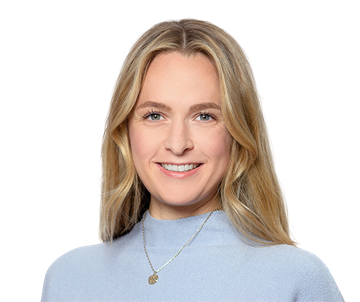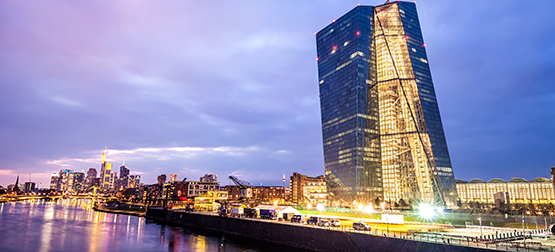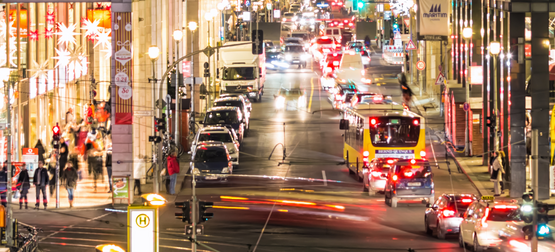Illuminating history
Supporting provenance research into the Emil Bührle Collection
In the cultural hub of Zurich, a dedicated research team led by Swiss historian and President of the German Historical Museum, Prof Raphael Gross, is delving into the past to uncover the complex histories of artworks in the Emil Bührle Collection. Freshfields is honoured to partner with Prof Gross in this essential endeavour, providing crucial legal support to ensure a thorough and transparent investigation into the provenance of significant artworks.
The Emil Bührle collection
The Emil Bührle collection, consisting of around 200 notable works by artists such as Cézanne, Gauguin, Renoir, Picasso, and van Gogh, has been on permanent loan to the Kunsthaus Zurich since October 2021. These masterpieces amassed by Swiss industrialist Emil Georg Bührle, who made his fortune selling weapons to Nazi Germany, are now under scrutiny due to their controversial origins. The works went on display at a new extension of the Kunsthaus, sparking a public outcry.
Prof Raphael Gross and his team were commissioned by the City and Canton of Zurich and the Zürcher Kunstgesellschaft (Zurich Society of Fine Arts: the body that operates the Kunsthaus Zürich gallery and owns its works) to conduct an independent in-depth review of the previous provenance research carried out by the E.G. Bührle Collection Foundation.
Prof Raphael Gross previously worked with Freshfields while he held the post of Director of the Fritz Bauer Institut. Gross approached Freshfields' Moritz Pellmann, a Partner in our Frankfurt office, to assist Gross’ team and provide a sounding board for this historically significant research. Understanding the complexities and legal nuances involved in provenance research, Pellmann assembled a team of dedicated Freshfields lawyers to assist Prof Gross. This team includes Tobias André, Anna Köhler, Katharina Niemz, Bettina Schmaltz and Björn Weißenberger, all from the Dispute Resolution practice of Freshfields, working together with Prof Felix Dasser from Homburger and his team.
The legal sounding board
From the outset of the project in March 2023, Freshfields established a legal sounding board to provide independent assessments and legal guidance on specific questions of law and fact. Throughout the research process, the Freshfields team was instrumental in helping to substantiate allegations. This team also supported the in-depth analysis of five key artworks conducted by the team’s provenance researchers.
Freshfields' commitment to this project extends beyond legal advice. The team's involvement is deeply personal, driven by a shared mission to process the history of persecution of former owners of the artworks. Bettina Schmaltz remarked, ‘Being part of this project has been an eye-opening experience. Working with provenance researchers and art historians, who are true masters of their disciplines, has been fascinating. This collection demonstrates that art and history can never be separated. It's about acknowledging the former owners of these works and making their stories visible.’
Revealing the past: key findings
On 28 June 2024, Prof Raphael Gross presented the final report, which unveiled significant findings, to an international audience. A considerable number of the artworks in the Emil Bührle Collection were discovered to have originated from Jewish owners who were persecuted during the Holocaust. The prior research by the E.G. Bührle Collection Foundation had either overlooked or inadequately reported these connections, concluding that the origin of the works was ‘unproblematic’. Prof Gross emphasised, ‘Without the Jewish collectors, the Bührle Collection would not be what it is. Or in other words: Without Antisemitic persecution, the Bührle Collection would never have been amassed.’
One poignant example involved the investigation of Vincent van Gogh’s Head of a Peasant Woman. The E.G. Bührle Collection Foundation had previously described its provenance as showing ‘no indication of problematic origin.’ However, Prof Gross’ research uncovered that this artwork had once belonged to Gustav Schweitzer, a Jewish collector, whose ownership had been overlooked in previous studies.
Another significant case concerned Paul Cézanne’s Landscape, which had been owned by Berthold and Martha Nothmann, persecuted Jewish collectors. After the war, Martha Nothmann was forced to sell the artwork under distressing circumstances, a fate that would have been avoided if not for Nazi persecution. These discoveries fundamentally alter the understanding of the artworks’ history and underscore the critical need for meticulous provenance research and transparency.
The report concluded with three key recommendations:
- Continued provenance research: to focus on clarifying previous Jewish ownership and persecution-related confiscation of the artworks.
- Establishment of a committee: an interdisciplinary panel to develop and apply a rigorous examination scheme for Nazi-related confiscations in an effort to seek ‘just and fair solutions’ first and foremost for the victims of the Holocaust (Shoah) and other victims of Nazi persecution and for their heirs.
- Public debate: encouraging a broader discussion on the ethical implications of displaying the Bührle Collection in public institutions.
A collaborative effort for justice
Freshfields' partnership with Prof Raphael Gross is a testament to the power of collaboration in uncovering historical truths and seeking fair and just solutions. The City and Canton of Zurich and the Zurich Society of Fine Arts have expressed their profound gratitude for the comprehensive and valuable work conducted by Prof Gross and his team. ‘I couldn't have done it without the legal support I received,’ said Prof Raphael Gross, thanking the lawyers involved for their ongoing support when presenting the report. On 10 July 2024, the City and Canton of Zurich and Kunsthaus trustees announced that would enter into talks with the Bührle foundation later in the year in the hope of finding a lasting solution.
As Zurich and the art world at large continue to grapple with the complex histories of cultural artifacts, the work of Prof Gross serves as a beacon of justice and reconciliation. This partnership underscores Freshfields' dedication to promoting transparency, accountability, and ethical stewardship in the art community. Together, they help to pave the way for a more just and informed future.
How we helped
Our team

Dr. Moritz Pellmann Partner
Frankfurt am Main, Berlin

Tobias André Counsel
Frankfurt am Main
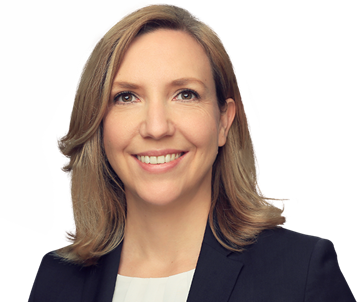
Dr. Katharina Niemz Principal Associate
Frankfurt am Main
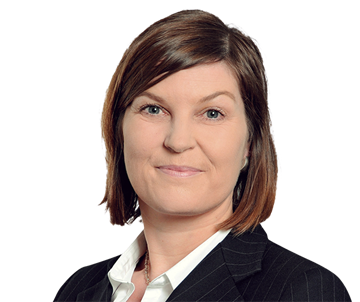
Dr. Bettina Schmaltz Counsel
Frankfurt am Main

Björn Weißenberger Associate
Frankfurt am Main
